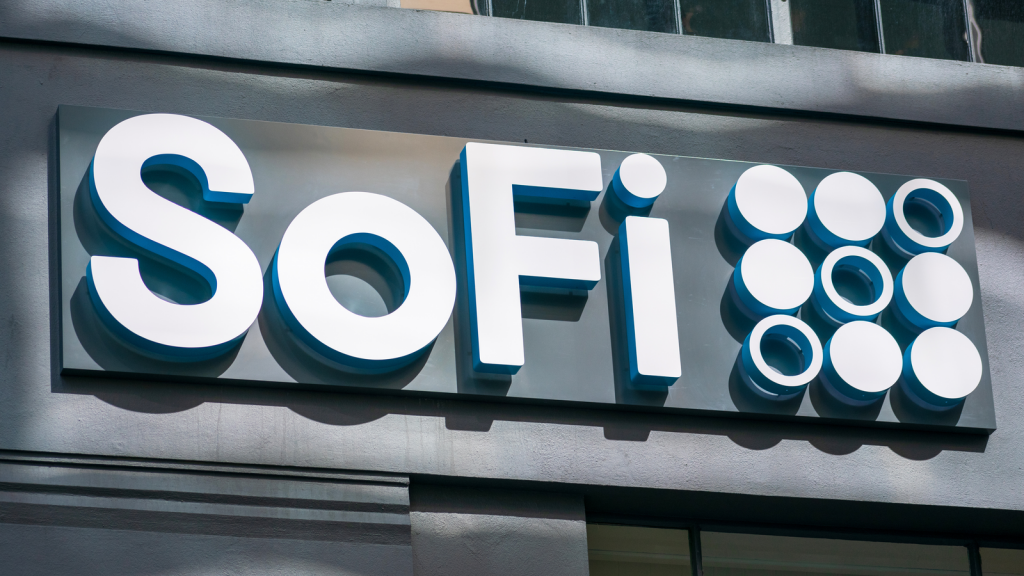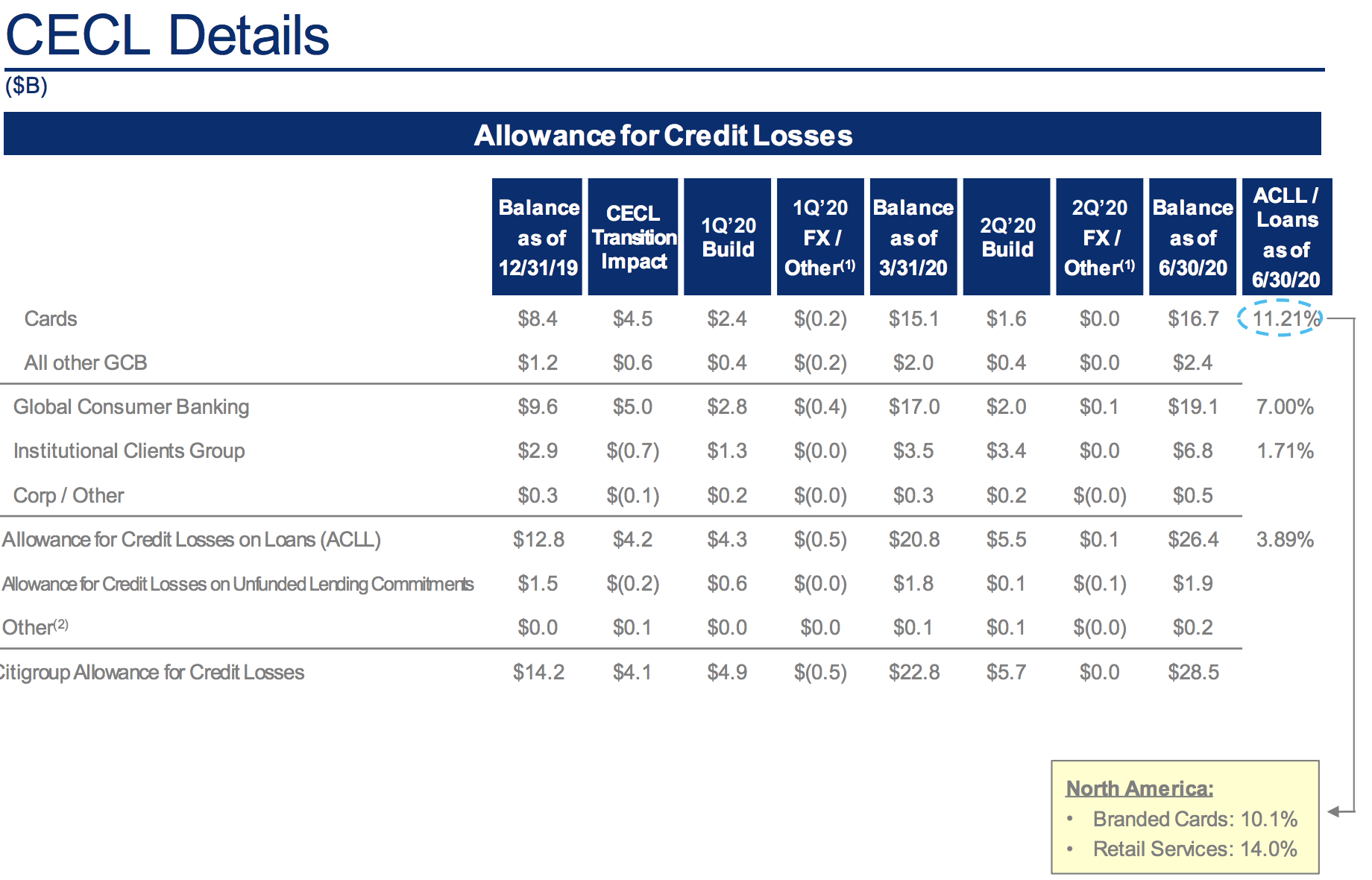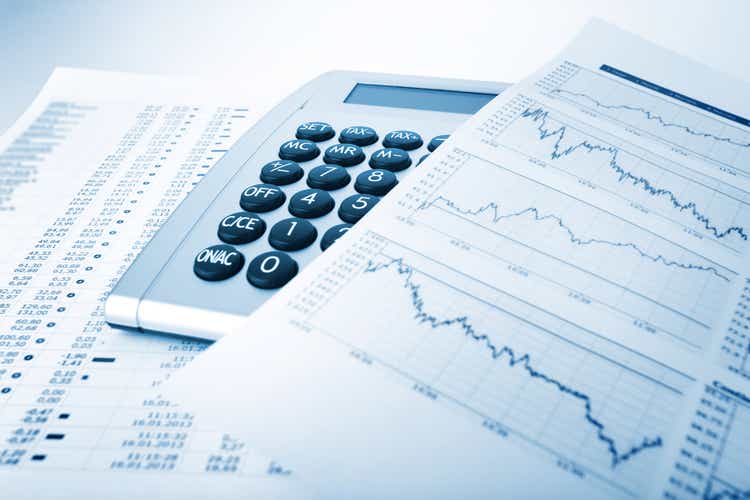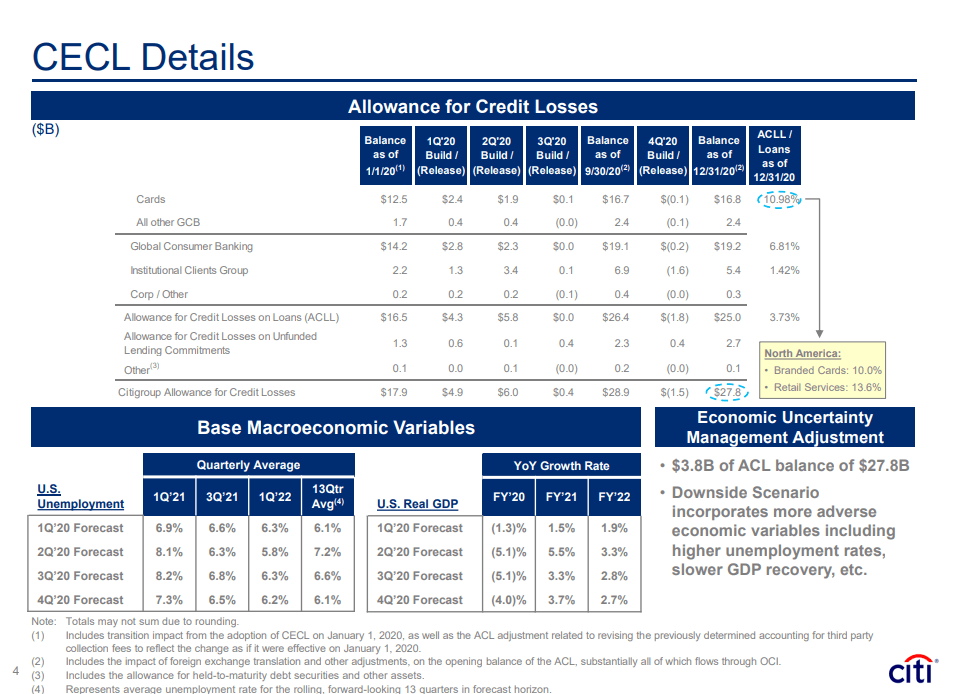Credit: Michael Vi/Shutterstock
SoFi Technologies, Inc. (NASDAQ:SOFI) is very excited about its expectations for 2022. Last quarter, its slideshow forecast adjusted earnings before interest, taxes, depreciation, and amortization (EBITDA) to grow from $30 million in 2021 to $180 million in 2022. only problem is that the Federal Reserve (Fed) is now raising rates. That could cloud its outlook when it releases its first-quarter (Q1) lending results on May 10. As a result, SOFI stock could become vulnerable.
However, it’s not like this danger to SoFi’s lending and earnings outlook isn’t already reflected in SOFI’s actions. For example, it is near its low for the year at $6.55 per share on April 25, down 58.6% for the year. This shows that investors are not very enthusiastic about the stock’s future prospects.
But have things been overdone on the downside for SOFI stocks? For example, based on Yahoo! Finance statistics, it trades for just 1.33 times book value and 5.37 times sales. Based on of the morning star analysis, the stock traded on average for 14.6 times last year’s sales. So, maybe SOFI stock is cheap here.
Valuation of SOFI shares based on book value
However, we need to focus on the details. First, the company reported that its equity was $4.377 billion at the end of 2021. Given that its market capitalization (cap) as of April 25 is $5.238 billion, that puts it at a book price (P/B) metric value at only 1.20x, not 1.33 times, as Yahoo! Finance reports. The problem here, however, is that adjusted EBITDA earnings will not necessarily translate into positive net earnings and higher book value (i.e. equity) for 2022. Therefore, the P value /B could actually be higher if equity falls in the first quarter and thereafter. This could lead to a decline in the stock price.
Here’s a scenario that could occur: if higher Fed interest rates reduce loan volume and earnings at Sofi, it could lead to lower adjusted EBITDA and potentially lower book value. Let’s say it drops 5% to $4.158 billion. Next, let’s say the market decides to price financial asset companies like SOFI at a price below book value. This could happen if they assumed that profits and loan losses could lead to an even greater decline in book value. This often happens during recessions.
Therefore, at 80% of book value, the market capitalization of SOFI shares would fall to $3.326 billion. That’s down 36.5% from the market capitalization of $5.238 billion. This implies that SOFI stock could drop more than a third further to $4.16 per share (i.e. 65.5% x $6.55 per share). So buyer beware of SOFI shares. Most investors should wait for the company to update its financial outlook on May 10.
As of the date of publication, Mark Hake did not hold (either directly or indirectly) any position in the securities mentioned in this article. The opinions expressed in this article are those of the author, subject to InvestorPlace.com publishing guidelines.




